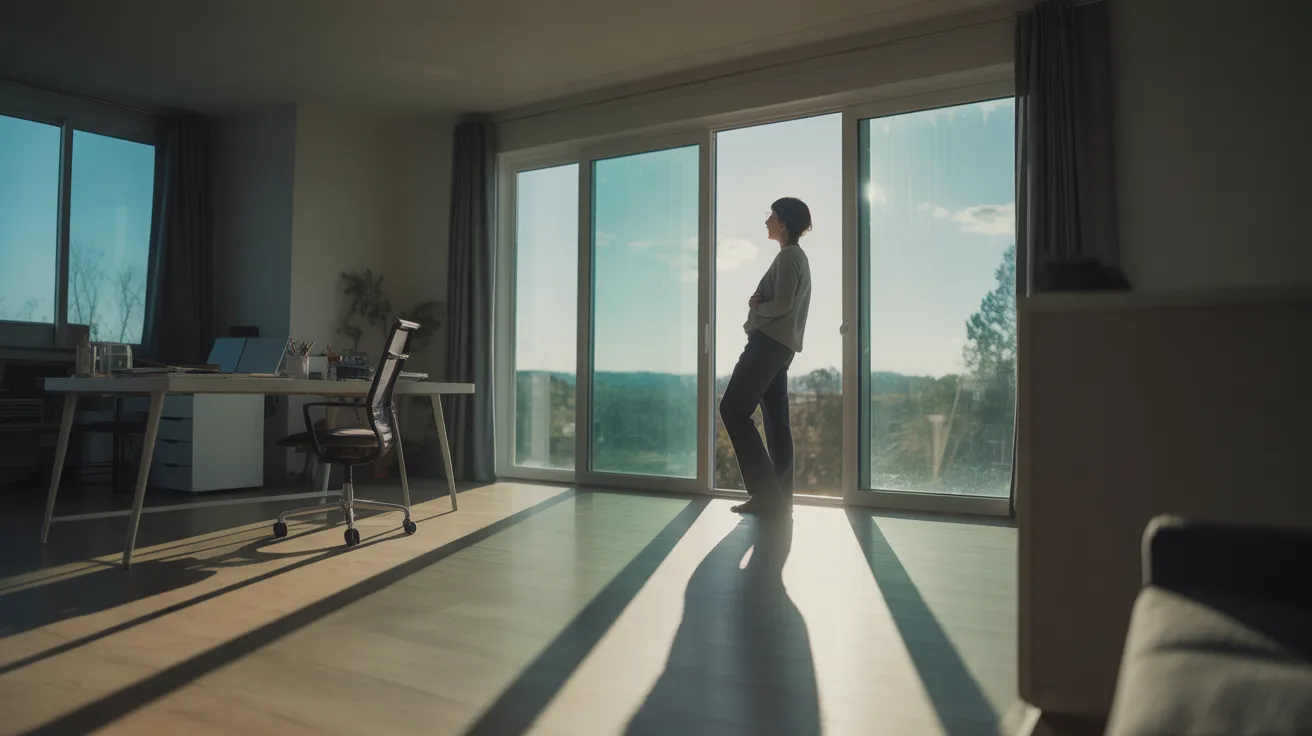
Your First Steps to Building Habits That Last
Understanding why your habits are failing is the first step. Now, it’s time to move from knowledge to action. The goal isn’t to perfectly implement everything you’ve just read overnight. The goal is to take one small, deliberate step in the right direction. Over the next week, focus on creating a foundation for change, not on achieving a massive outcome. Lasting habit building is a marathon, not a sprint.
Here are three specific actions you can take, starting today, to begin designing a system that works for you:
1. Choose One Keystone Habit. Don’t try to change everything at once. Pick a single area you want to improve. It could be your morning routine, your physical activity, or your evening wind-down. Select just one habit to focus on for the next 30 days. Making this choice reduces overwhelm and focuses your energy where it can have the most impact.
2. Define Your Minimum Viable Action (MVA). Once you’ve chosen your habit, shrink it down until it feels almost effortless. If you want to journal, your MVA is to write one sentence. If you want to keep your kitchen clean, your MVA is to put one dish in the dishwasher. Write this MVA down. This is your new, non-negotiable minimum standard for success each day.
3. Design Your Cue. A habit needs a trigger. Decide what will cue your MVA. Will you use habit stacking by linking it to something you already do (“After I finish lunch, I will… “)? Or will you use an environmental cue (“When I see my running shoes by the door, I will…”)? Set up your environment right now to make that cue obvious. Put the journal on your pillow, place the single dish next to the sink, or set out your shoes. Make the starting line impossible to miss.
By taking these three small steps, you are moving away from the world of willpower and wishful thinking and into the world of intentional design. You are not just trying harder; you are working smarter. You are building a system that honors your energy, respects your limitations, and ultimately empowers you to become the person you want to be, one tiny action at a time.
Disclaimer: The information provided in this article is for educational and informational purposes only and is not intended as a substitute for professional medical or psychological advice, diagnosis, or treatment. Always seek the advice of your physician or other qualified health provider with any questions you may have regarding a medical condition or mental health concern.



